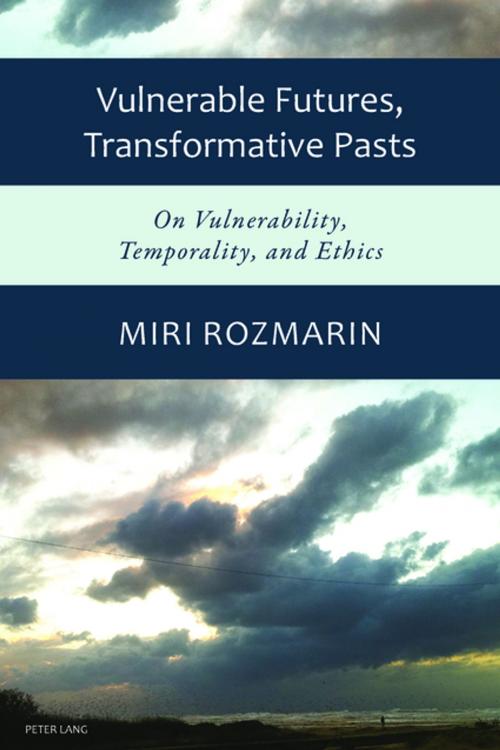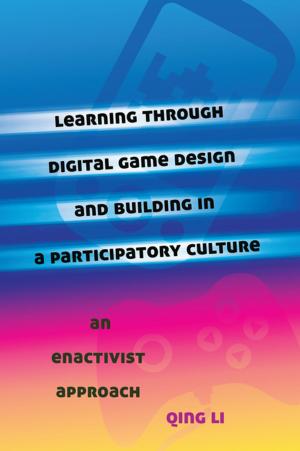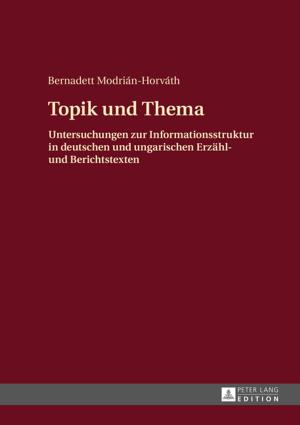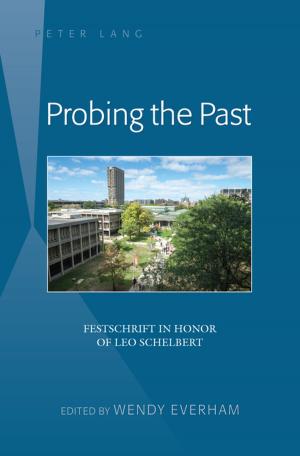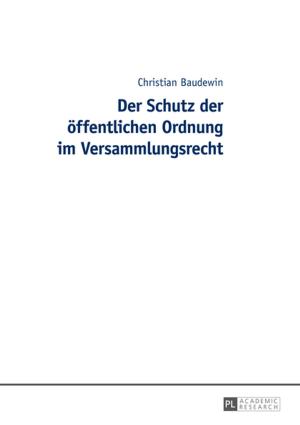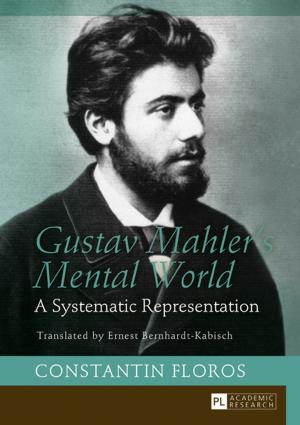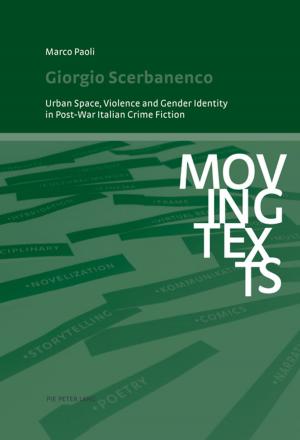Vulnerable Futures, Transformative Pasts
On Vulnerability, Temporality, and Ethics
Nonfiction, Religion & Spirituality, Philosophy, Metaphysics, Social & Cultural Studies, Social Science, Gender Studies, Women&| Author: | Miri Rozmarin | ISBN: | 9781787073920 |
| Publisher: | Peter Lang | Publication: | March 21, 2017 |
| Imprint: | Peter Lang Ltd, International Academic Publishers | Language: | English |
| Author: | Miri Rozmarin |
| ISBN: | 9781787073920 |
| Publisher: | Peter Lang |
| Publication: | March 21, 2017 |
| Imprint: | Peter Lang Ltd, International Academic Publishers |
| Language: | English |
Vulnerability reins our time. People know that their world is changing in ways that they cannot foresee. Communities disintegrate and boundaries lose their relevance. Drawing on the concept of vulnerability as an affective relation individuals hold with their world and with their lives, this book analyzes vulnerability as it is immanently connected to temporality. It provides an account of political temporality – connections between past, present, and future that engage with the contemporary social reality – and enables and sustains transformative dynamics through which individuals can mobilize their vulnerability. This technique allows them to gradually transform their reality and its influence on their own subjectivity and agency. This book portrays the kinds of relations through time and social space that people can create by working with their vulnerability as an affect that has the power to yield new sensibilities, skills, and values. These connections with the past are called transformative lineages.
Vulnerability reins our time. People know that their world is changing in ways that they cannot foresee. Communities disintegrate and boundaries lose their relevance. Drawing on the concept of vulnerability as an affective relation individuals hold with their world and with their lives, this book analyzes vulnerability as it is immanently connected to temporality. It provides an account of political temporality – connections between past, present, and future that engage with the contemporary social reality – and enables and sustains transformative dynamics through which individuals can mobilize their vulnerability. This technique allows them to gradually transform their reality and its influence on their own subjectivity and agency. This book portrays the kinds of relations through time and social space that people can create by working with their vulnerability as an affect that has the power to yield new sensibilities, skills, and values. These connections with the past are called transformative lineages.
